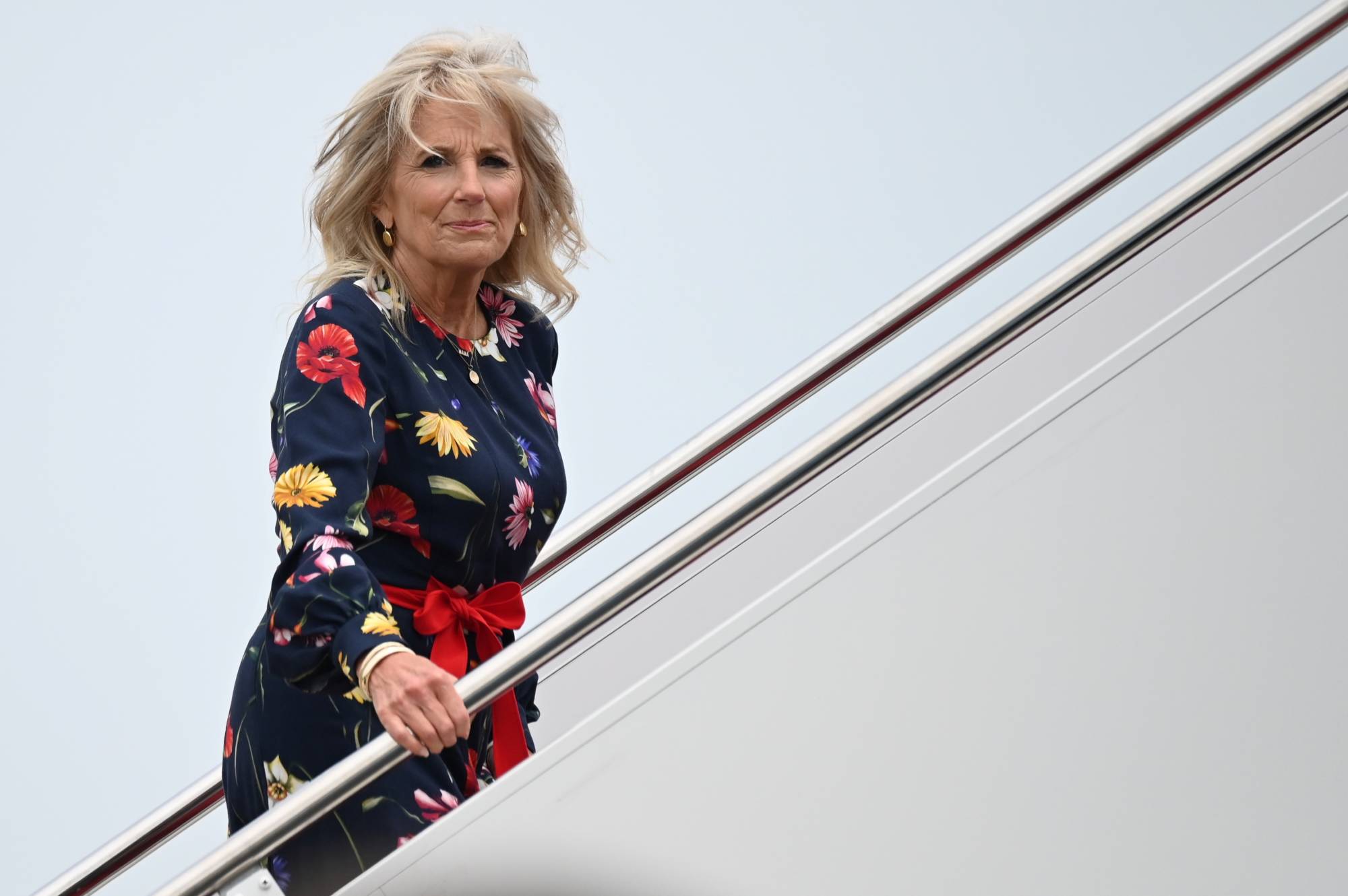American first lady Jill Biden will arrive in Tokyo this week to attend the opening ceremony for the Tokyo Olympics and, after the pomp and pageantry, bows and handshakes, she must eat.
For an American president or first lady to dine out in Tokyo in the company of a Japanese Prime Minister, in the recesses of Ginza Station or in a Roppongi izakaya, is a symbolic act. It is a decades-old tradition in which the dishes and restaurants, judged and studied by critics and spectators, are tied to presidential personalities and quirks. The eyes of the world are fixed on Japan, on Biden and on the plates set before her.
Even before the Tokyo Olympics became, in the words of Thomas Bach, International Olympic Committee (IOC) president, “the light at the end of this dark tunnel,” they promised reconstruction from the 3/11 triple disaster. The games would mark an economic revival and a national re-entrance onto the global stage with the promise of omotenashi, a supposed special, if slightly essentialized, "Japanese hospitality."



